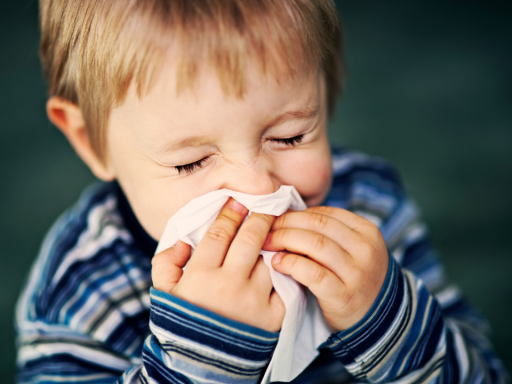Flu, while likely to get better on its own, can make some people seriously unwell, causing extreme fatigue, body aches and temperatures. It is very infectious and can easily be spread to other people through the germs in coughs and sneezes, which can live on your hands and surfaces for 24 hours. If you get it, you are more likely to pass it to another person during the first 5 days.
Similarly, Norovirus is a highly contagious virus and causes gastroenteritis, inflammation of the stomach and intestines. Some typical symptoms of norovirus include nausea, vomiting, and low-grade fever. The illness typically lasts 12 to 60 hours and usually resolves on its own. Individuals are most contagious when sick with norovirus and during the three days after recovery.
Outbreaks of the Flu and Norovirus infections are more likely to occur during the winter months, and especially within institutions such as schools, child care settings, residential facilities, hospitals and long-term care facilities. Get into good habits and set out procedures to ensure your workplace is prepared…
Help prevent infectious diseases by:
- Educating everyone about good hand washing techniques
- Ensuring adults observe younger children washing hands after using the toilet and before eating.
- Ensuring each basin is supplied with soap and paper towels. If soap and water are not available (e.g. at outdoor facilities) use an alcohol-based hand sanitizer, but remember nothing is as good as soap and water.
- Posting signs to remind all persons to practice frequent hand washing and good hand washing techniques.
- Ensuring that cleaning of touch points e.g. door handles, light switches, taps, shared serving utensils, play equipment and toys, are thorough particularly during times when there are higher cases of sickness and diarrhoea.
- Ensuring that persons cleaning areas that are contaminated with vomit and or faeces are provided with disposable gloves, apron and face masks and the waste is disposed of in clinical waste bags and the area disinfected.
For further help and advice on how to protect and reduce infection call What No Safety on 01722 326 390.

